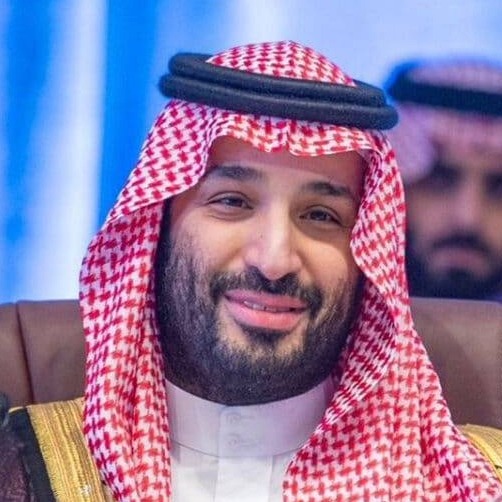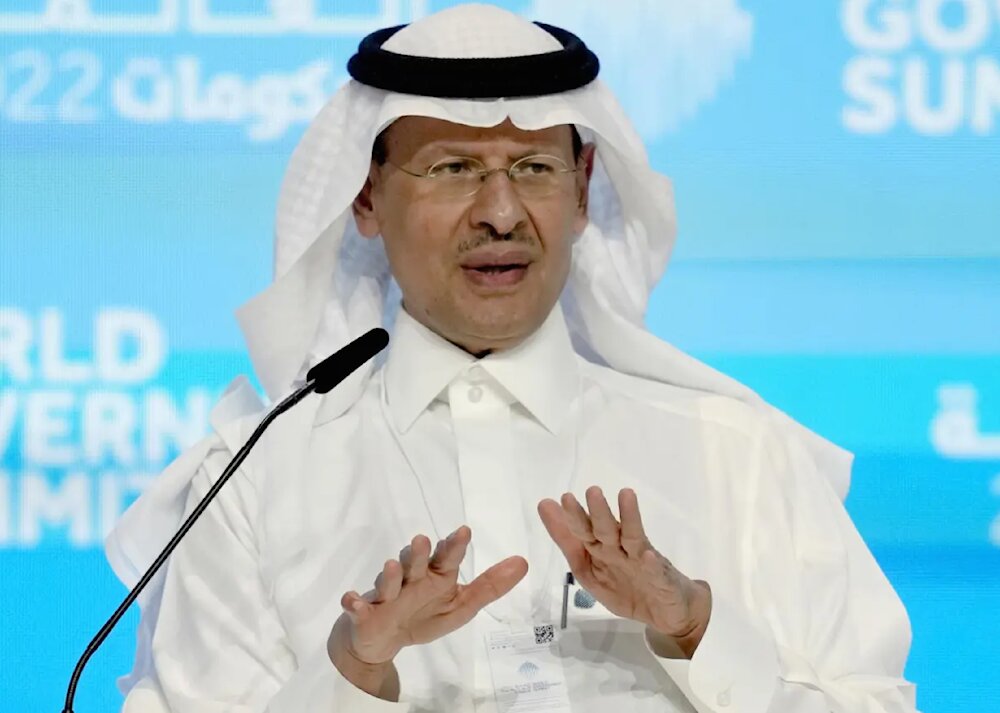Saudi Arabia Announces Plans to Enrich and Sell Uranium

The Spin
Narrative A
Saudi Arabia's pursuit of nuclear energy is a pragmatic response to global geopolitical and economic dynamics. With Western reluctance to provide full nuclear technology and Iran's enrichment advances, Riyadh must find autonomy in energy and security. With the US mainly out of the picture, a partnership with China leverages alternative expertise while diversifying alliances, ensuring Saudi sovereignty, and bolstering its role as a regional leader.
Narrative B
Allowing Saudi Arabia to enrich uranium risks a regional arms race in the volatile Middle East, where Iran and Israel already possess nuclear capabilities. Risks are exacerbated by Saudi Arabia's refusal to adopt strict IAEA safeguards, raising transparency concerns. For these reasons, the US must enforce nonproliferation standards and bar enrichment and reprocessing to prevent instability and uphold global security.
Metaculus Prediction
There is a 1% chance that Saudi Arabia will obtain a nuclear weapon before 2030, according to the Metaculus prediction community.




1736845926-0/sidra--(52)1736845926-0.png)